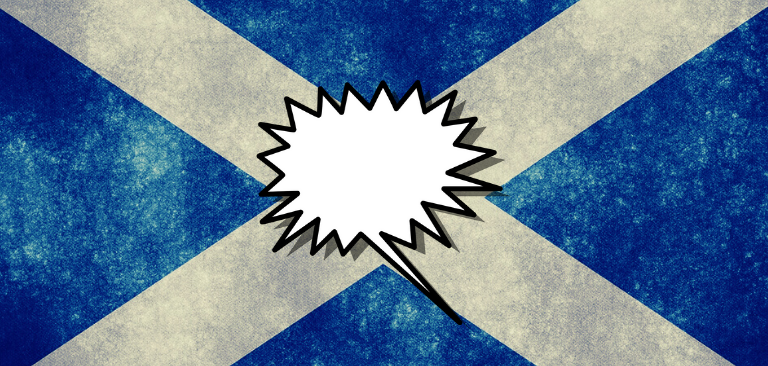A new draft Hate Crime Bill in Scotland is unsurprisingly causing controversy early on. The era of “vaguespeak” seems to be fully upon us.
The specific point of criticism coming from prominent legal experts is that this bill might be – not least given the sensitivity and sheer scope of the subject matter – worded in unacceptably broad terms.
What this means is that Scotland’s ruling SNP may have drafted a law that makes it all but “impossible” for citizens to know if they had violated it – while any actual hate crimes are already covered by existing legal rules. And not only might innocent people get condemned – the vagueness could also provide actual offenders with loopholes to evade any responsibility.
So what exactly might be the point of introducing this new legislation, particularly in this fashion, legal experts like Thomas Ross wonder.
“There are also concerns people could be prosecuted for possessing ‘inflammatory material’ – which could include books, blogs, leaflets or social media. Those who share, forward or repeat such material could also face charges.
Mr Ross said: ‘If the Scottish Government is going to create an offence that can be committed unintentionally, drafters of the legislation have to make the essentials of the offence crystal clear. They’ve failed to do that.
‘The language used in the Bill is so difficult to understand that it will be impossible for the man or woman in the street to know when the line is likely to be crossed.
Let’s consider for the moment the “precedent.” One of the more curious things that Big Tech has come up with are seemingly unsophisticated – broad and vague, that is – rules by which these global giants define and then enforce their internal “guidelines.”
That said – however giant, these companies are still business entities that one can choose to interact with as a user or customer, or ignore. When all’s said and done, people can choose not to be on YouTube, Twitter, or Facebook – and at the very least maintain their place of residence.
But – if you’re a citizen residing in Scotland and your civil rights are directly affected by some highly flawed local law that seems to be taking a page right out of the book of those companies who launched the “vaguespeek” trend – for you, to protect your freedom, the issue may not be deleting your Twitter, etc – it might be moving to another country.
And when they concern such serious, fundamental ills like hate, racism, and speech arising from it – who dares to ever define such things vaguely? Imagine a world where murder was “vaguely defined” – where looking at somebody cross-eyed might lead to character assassination and/or land you in prison?
The section of the incoming Scottish law that is causing most concern seems to be the “stirring up of hatred.”
“If the Scottish Government is going to create an offense that can be committed unintentionally, drafters of the legislation have to make the essentials of the offense crystal clear. They’ve failed to do that,” Ross pointed out.
And he went on to basically explain how self-censorship works:
“A person might think, ‘I don’t intend to be offensive and I don’t think this comment is abusive, but what might a mythical sheriff think about it if the procurator fiscal is persuaded to prosecute? Why take the chance’.”






















